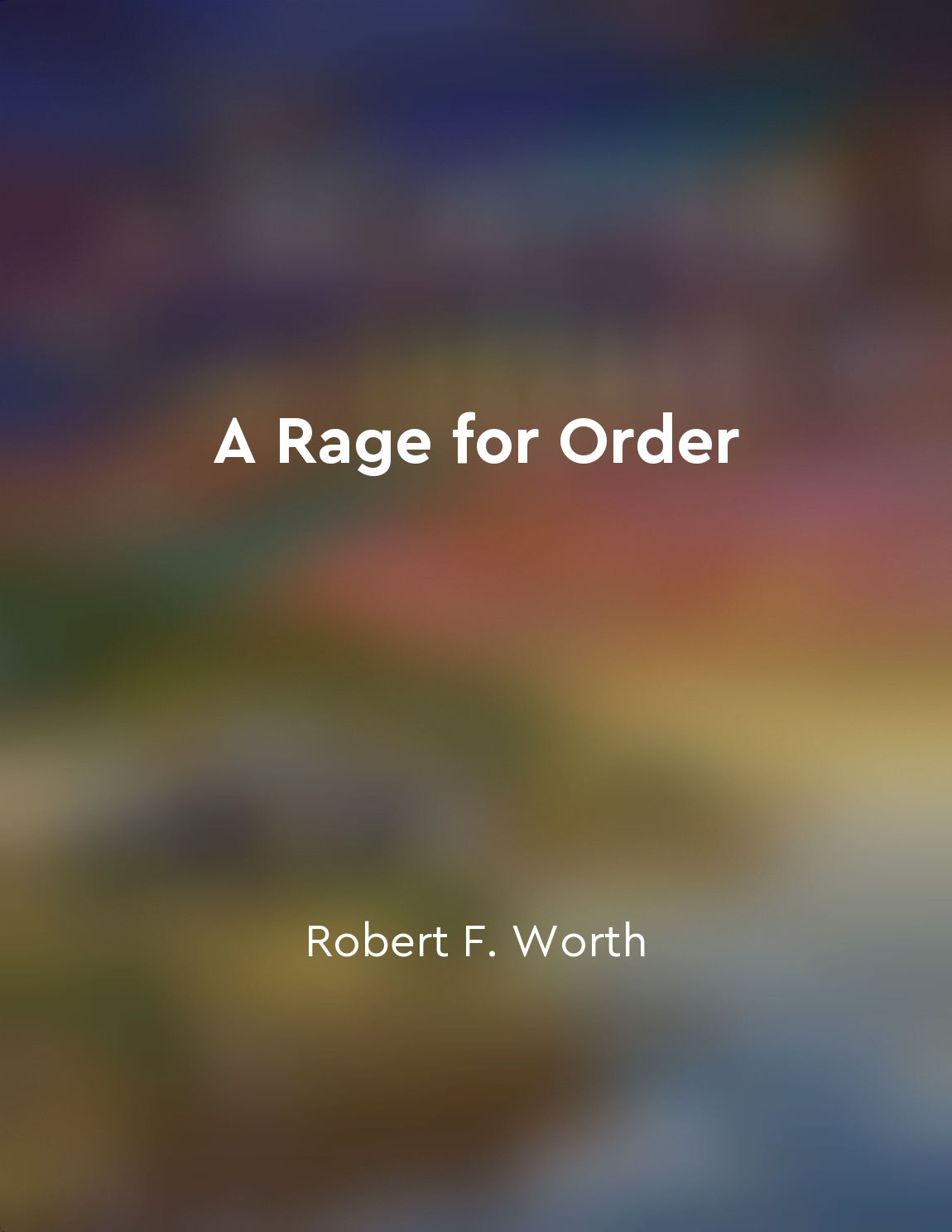Assassinations target political leaders from "summary" of Killing Hope by William Blum
The practice of assassinating political leaders has a long and sordid history in international relations. Over the years, many governments have resorted to this extreme measure as a means of achieving their political goals. The targets of these assassinations are often key figures in foreign countries who are seen as obstacles to the interests of the assassinating government. Such assassinations are carried out with a variety of methods, ranging from covert operations by intelligence agencies to more overt acts of violence. The goal is typically to remove the targeted leader from power and replace them with someone more favorable to the interests of the assassinating government. One of the most infamous examples of political assassinations in modern history is the CIA-led overthrow of the democratically elected leader of Iran, Mohammad Mossadegh, in 1953. The US government, concerned about Mossadegh's nationalization of the country's oil industry, orchestrated a coup that removed him from power and replaced him with the authoritarian Shah of Iran. Similarly, the US government has been implicated in the assassinations of leaders in countries such as Chile, Guatemala, and the Democratic Republic of the Congo. These actions were often carried out in support of US interests in those regions, such as protecting American businesses or combating the spread of communism. While the practice of assassinating political leaders has been condemned by many as a violation of international law and human rights, it continues to be a tool used by governments to achieve their political objectives. The consequences of these actions can be far-reaching, leading to instability, violence, and suffering for the people of the targeted country. In the end, the use of assassination as a political tool only serves to perpetuate a cycle of violence and conflict that undermines the principles of democracy and human rights.Similar Posts
It is better to be decisive than indecisive
Decisiveness is a quality that a prince must possess above all others. Indecisiveness can be the downfall of a ruler, leading t...
CIA covert operations destabilize governments
The United States government has a long and sordid history of interfering in the affairs of other nations through covert operat...

International alliances shifted unpredictably
The alliances that had once defined the region were now in flux. Countries that had long been enemies were suddenly finding com...

Political elites clung to privilege
In the tumultuous aftermath of the Arab Spring, as the Middle East grappled with the fallout of revolution and upheaval, one st...
Families suffer from violent interventions
The lives of families are often torn apart by the violent interventions of powerful nations, who see fit to impose their will o...
Health and wellness trends emerge
As we look ahead to the year 2030, one of the most prominent trends that we can expect to see is the emergence of new health an...
The narrative of religious violence overlooks the complexities of history
The prevailing narrative of religious violence tends to oversimplify complex historical realities. This narrative often categor...
